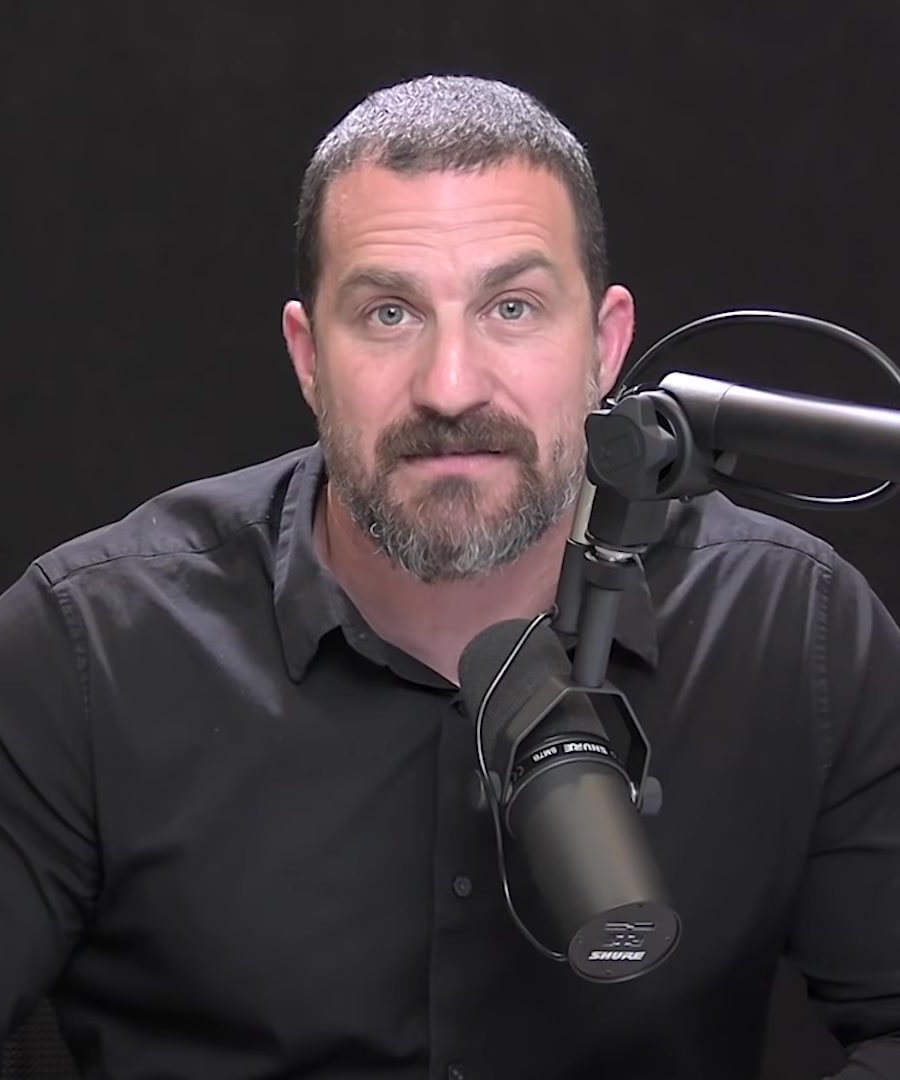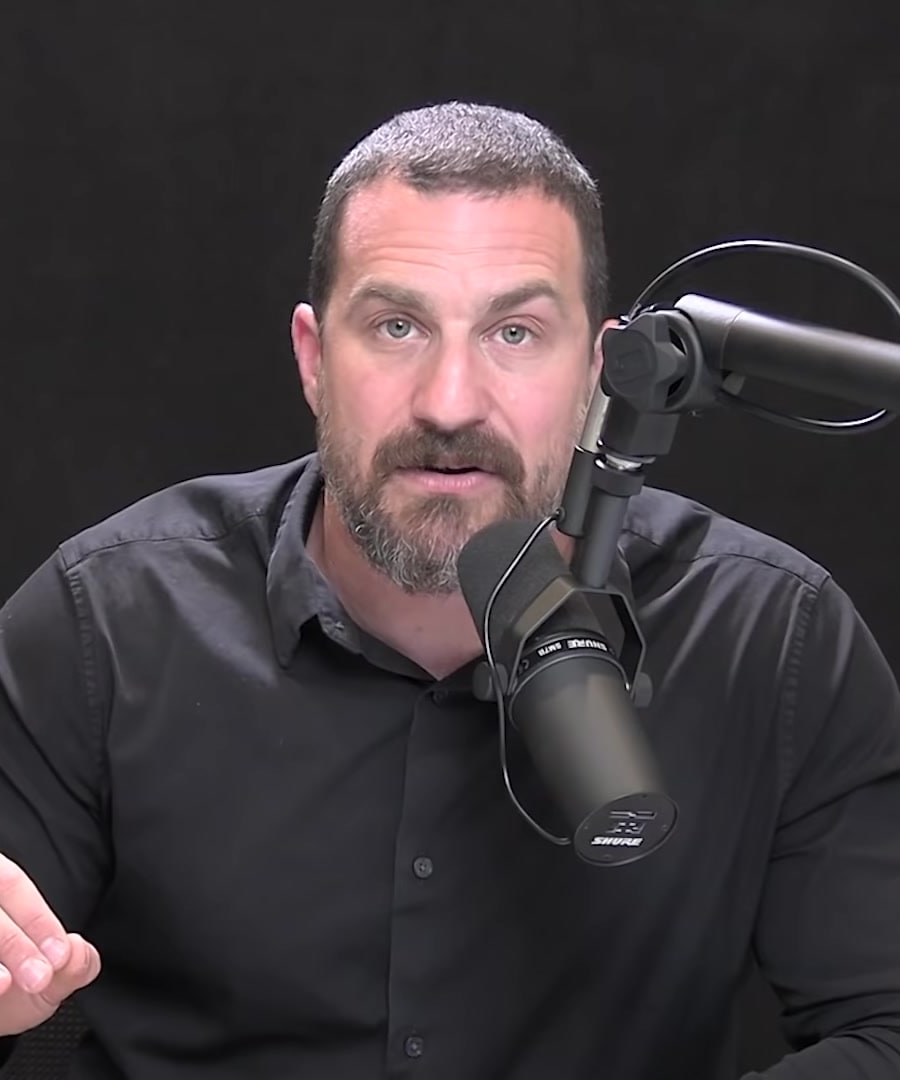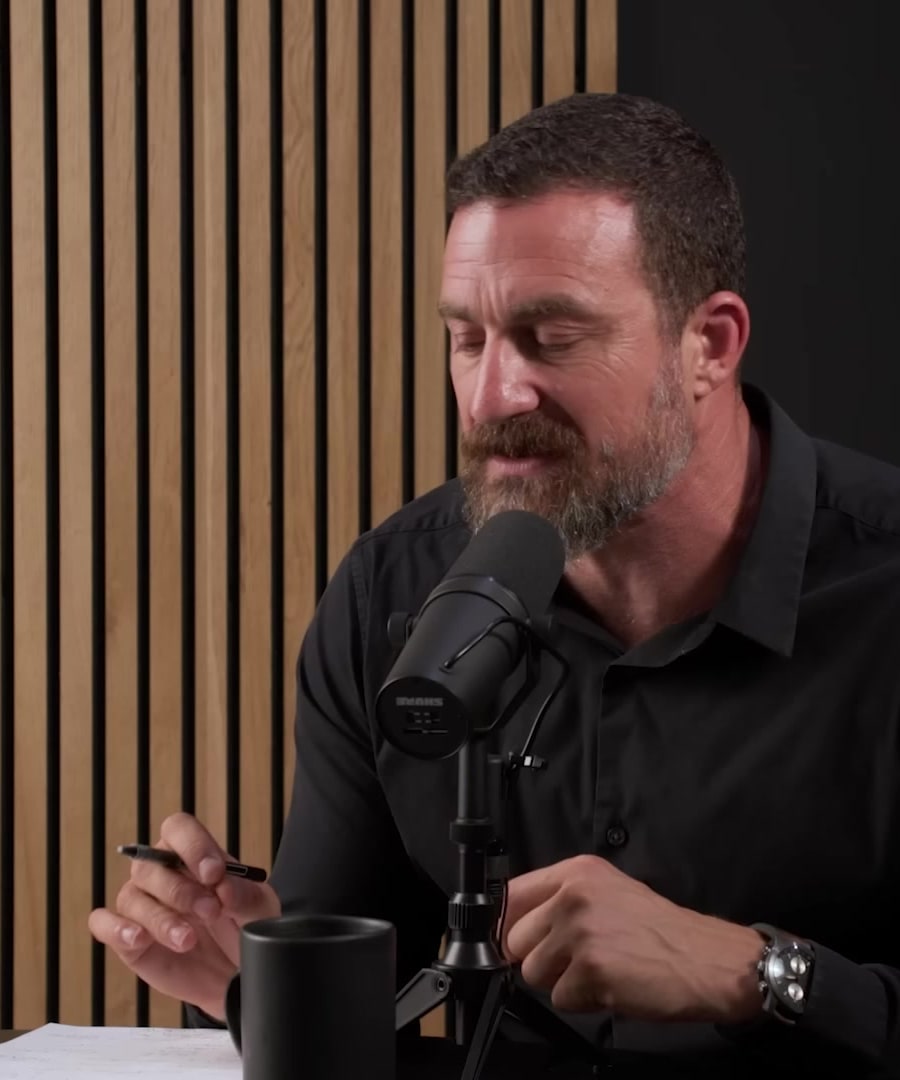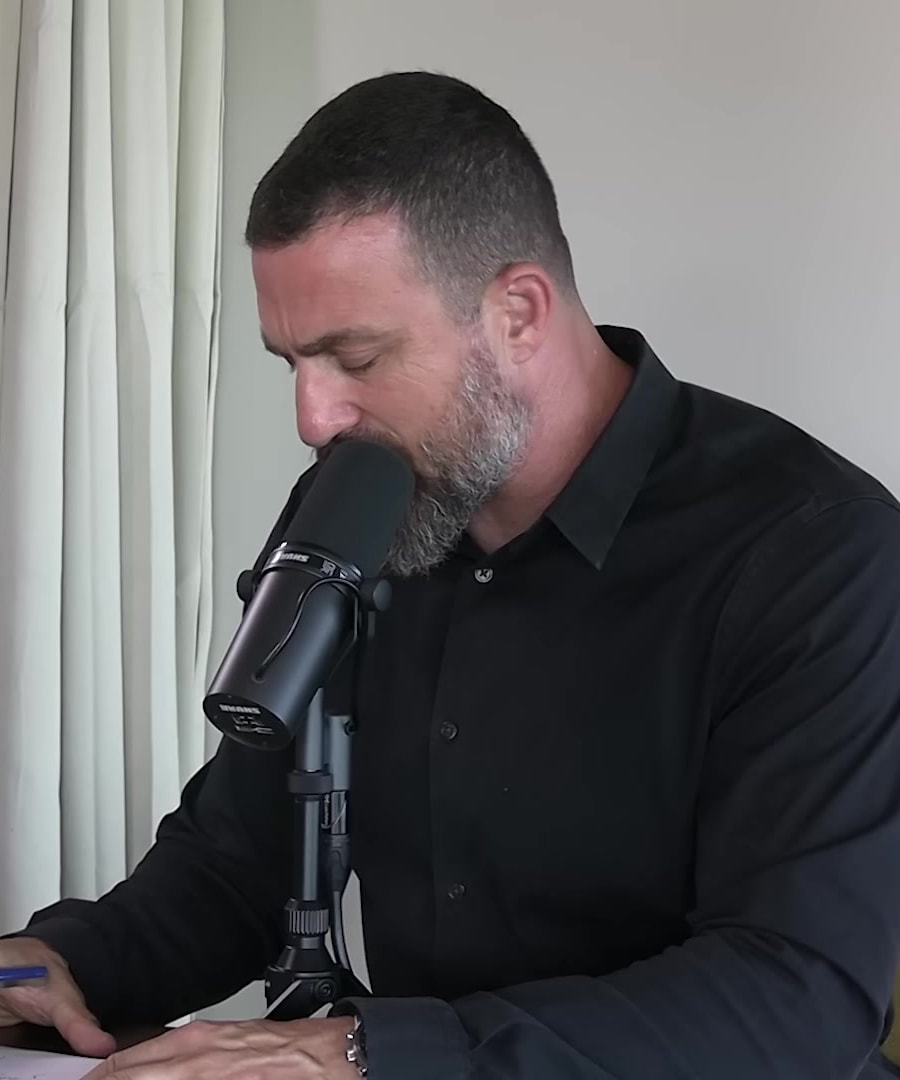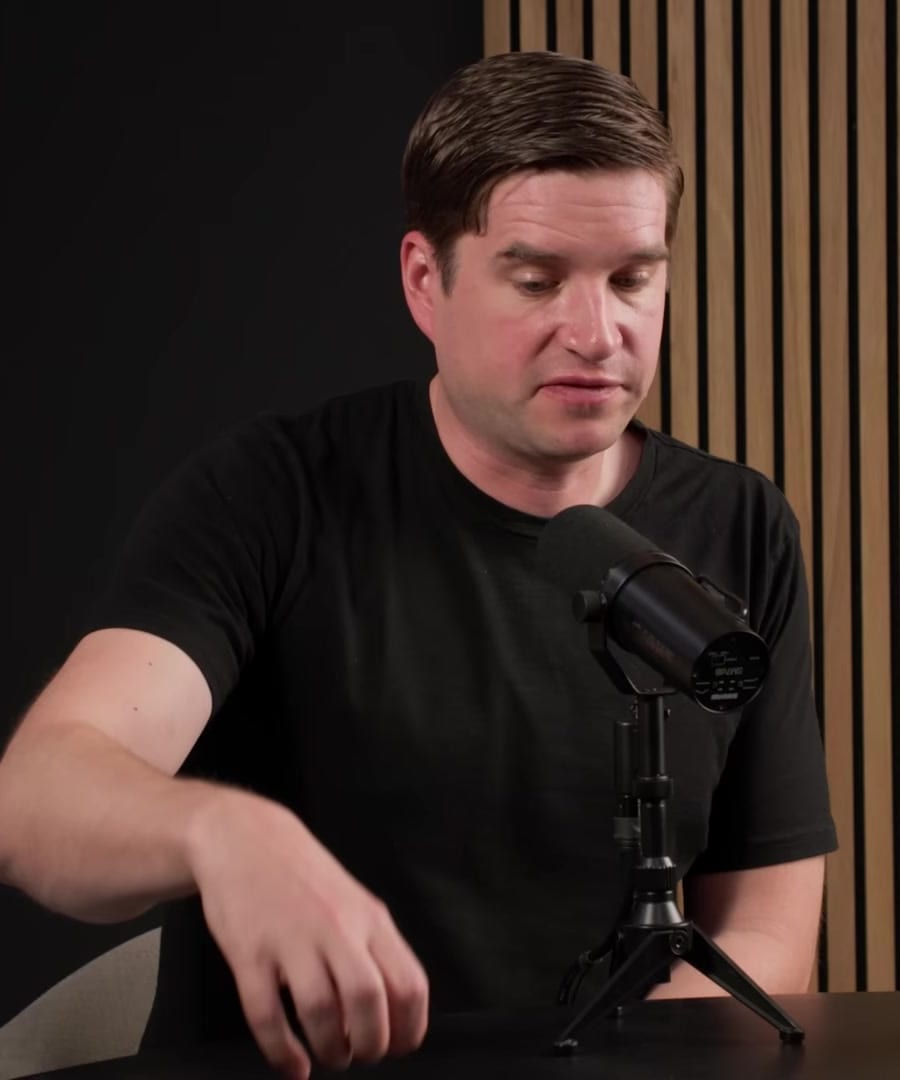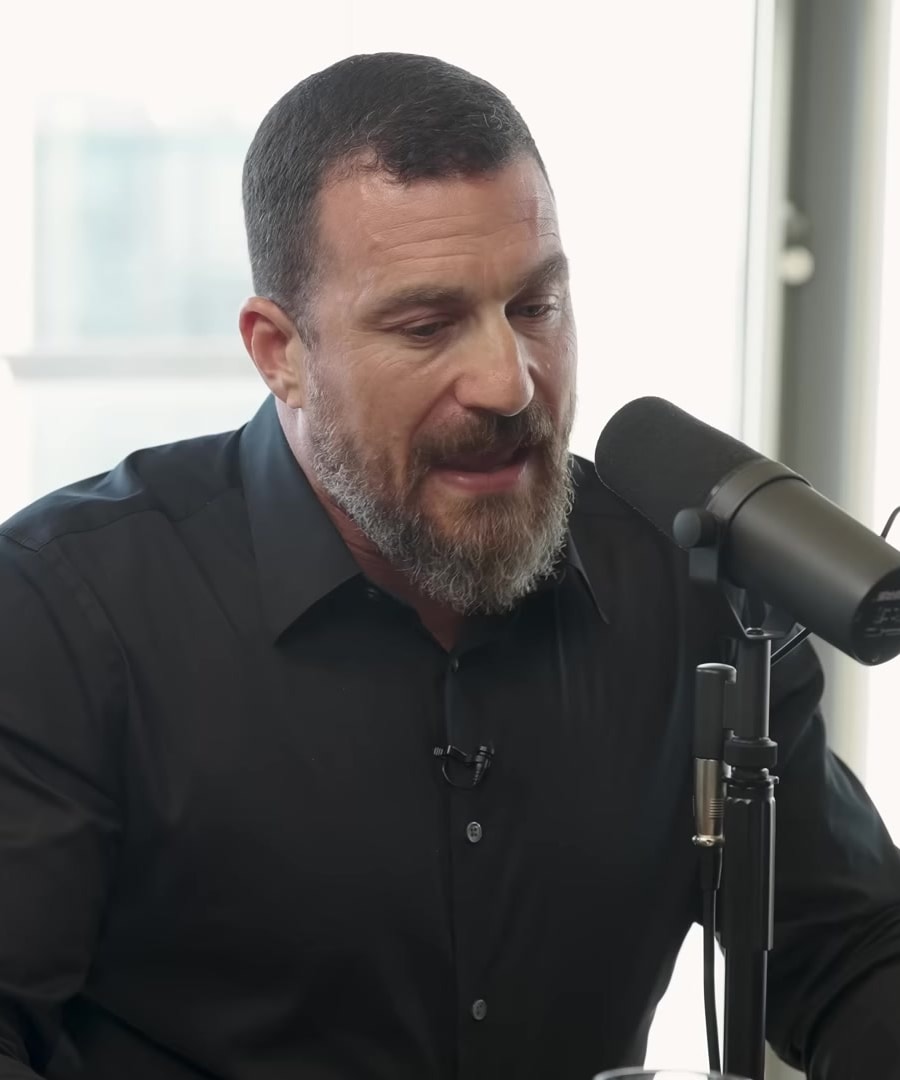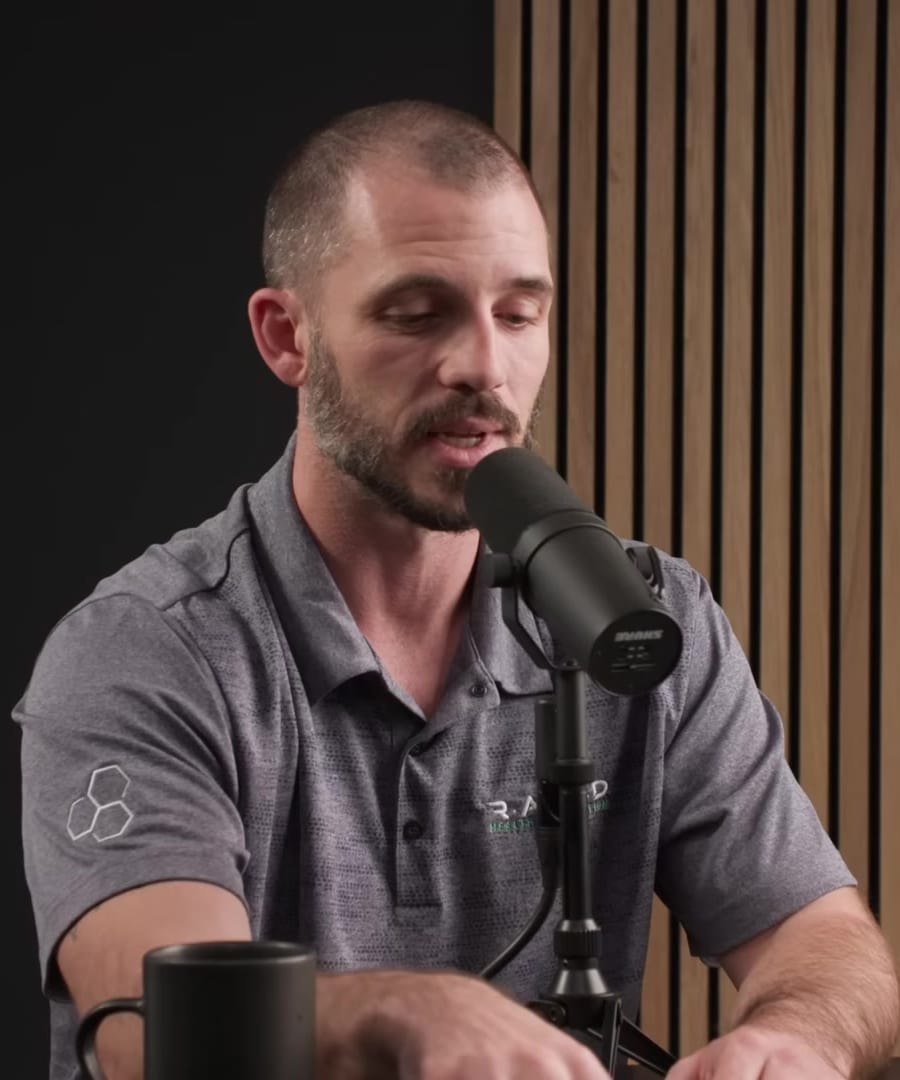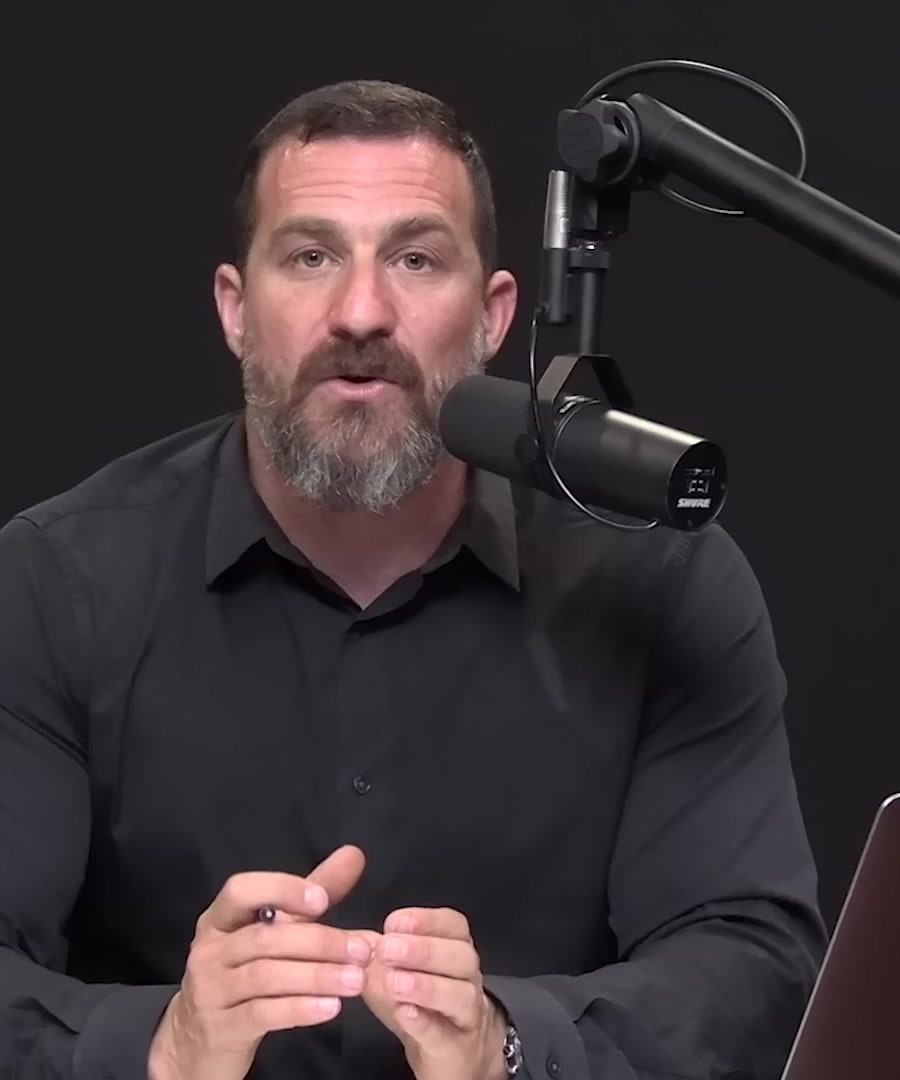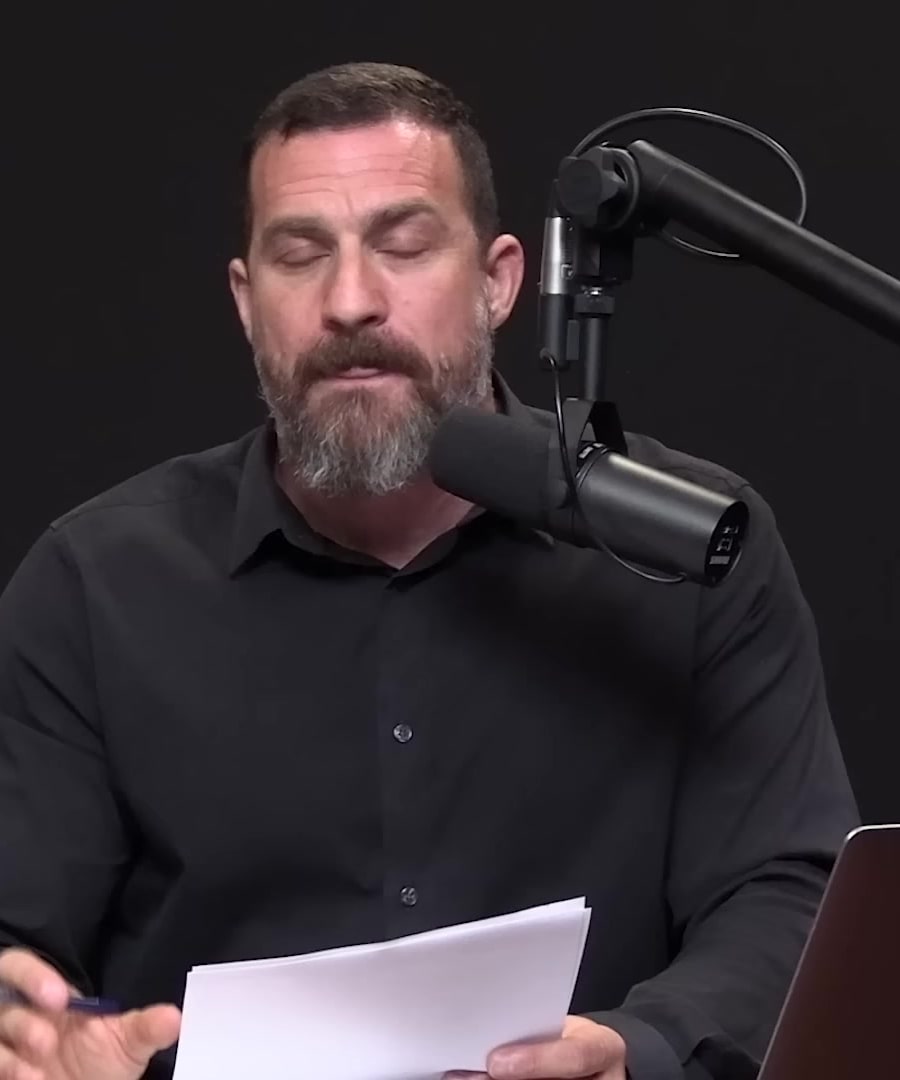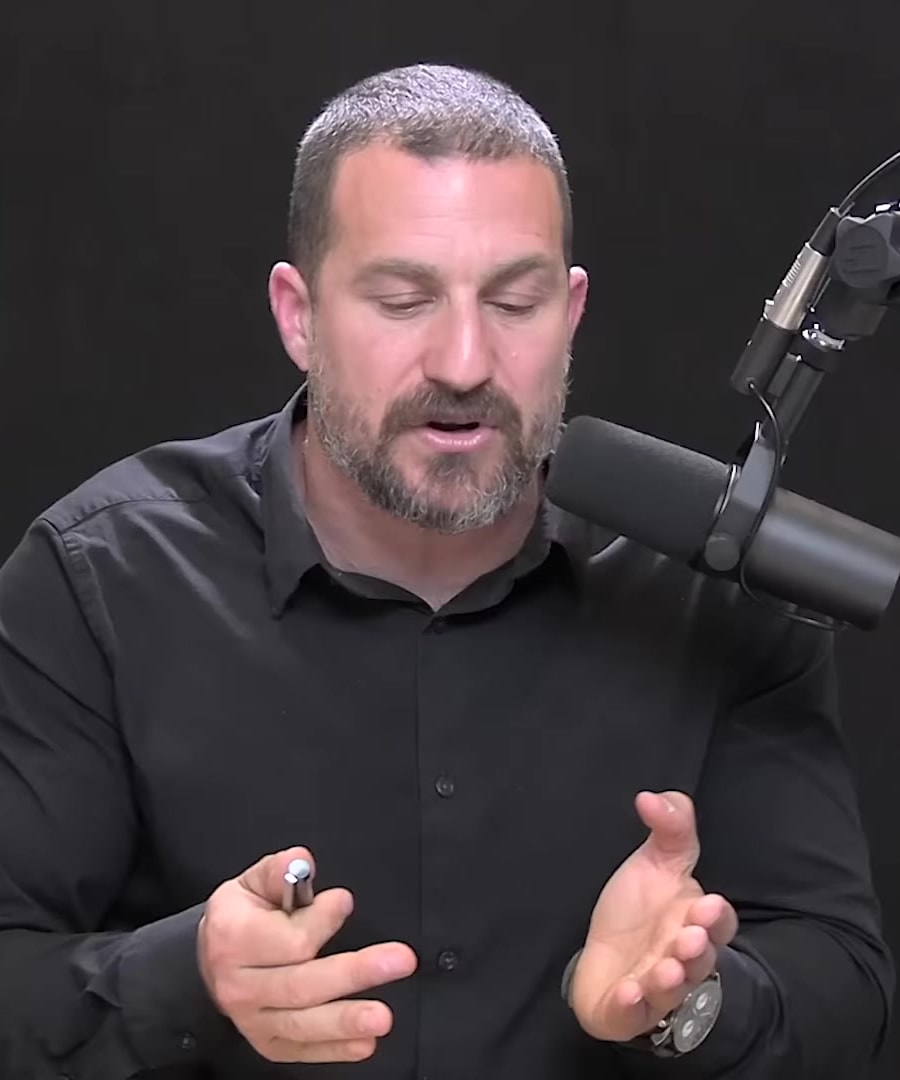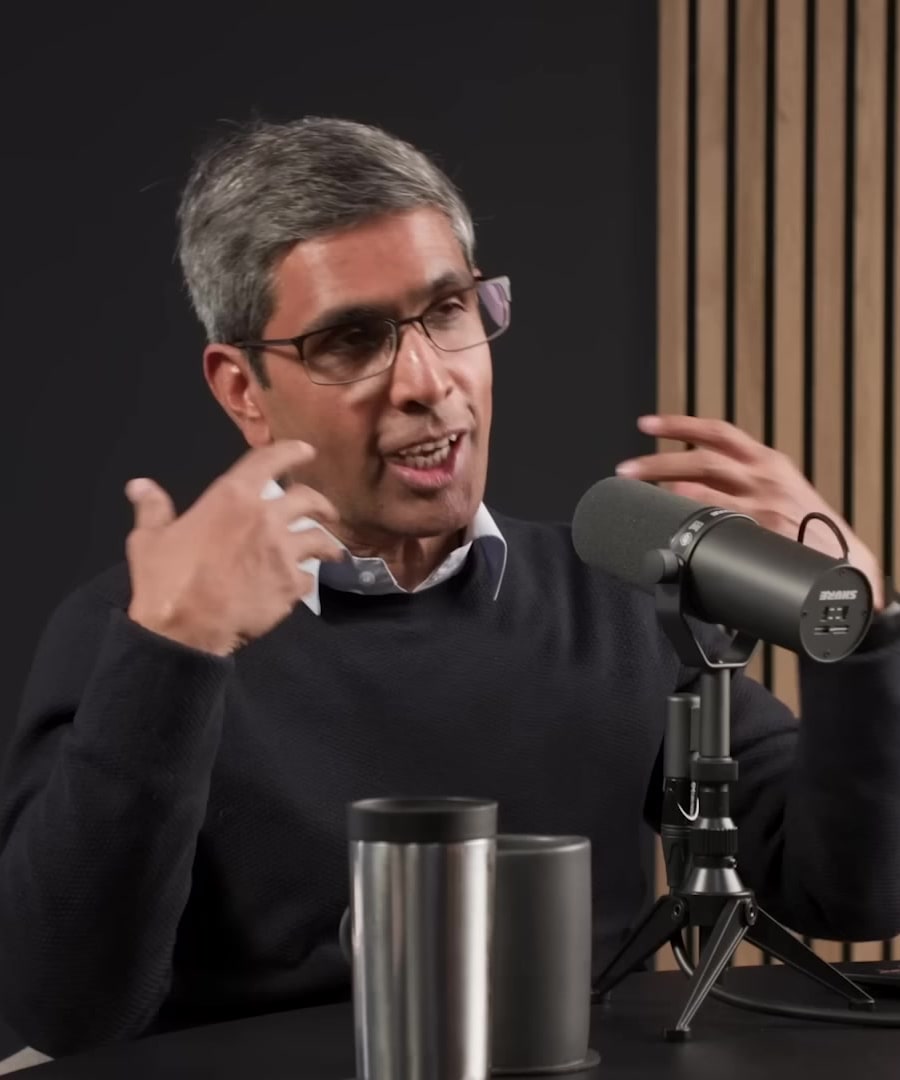What activities might increase depression episodes?
Sources:
Several activities may contribute to or exacerbate depression symptoms:
-
Overindulgence in High-Dopamine Activities: Engaging too much in activities that overly stimulate the pleasure centers, such as video games, can lead to anhedonia (loss of pleasure) and depression. These activities should be moderated to prevent overwhelming the pleasure system. A 30-day detox may be needed to reset the system if overindulgence has occurred 1.
-
Inactivity and Lack of Exercise: Regular exercise positively affects the conversion of tryptophan to serotonin, which is beneficial for mental health. Exercise sequesters a compound that, if not used by the body, can be converted into a neurotoxin associated with depression. Thus, physical inactivity can be detrimental 2.
-
Inadequate Light Exposure: A discussion on the potential causal relationship between light exposure and mental health highlighted that behaviors leading to reduced outdoor activity or exposure to natural light might negatively affect mood and sleep patterns, which can contribute to depression 3.
It is crucial to take steps such as maintaining a balanced lifestyle, engaging in regular exercise, and ensuring exposure to natural light to help mitigate risk factors for depression.
RELATED QUESTIONS-
How to prevent depression episodes?
Sources:
To help prevent depression episodes, multiple strategies can be employed:
-
Nutrition: Increasing intake of omega-3 fatty acids, particularly EPA (eicosapentaenoic acid), can reduce inflammation and relieve some symptoms of major depression. Research shows that 1000-2000 milligrams of EPA can match the relief from SSRIs and may even lower the effective dose of these medications 1.
-
Exercise: Regular exercise can interact with the same biochemical pathways targeted by antidepressants. It limits inflammation, linked with depressive symptoms, and is recommended for overall mental health 2.
-
Pharmacotherapy: While not a strategy for everyone, certain substances like ketamine and psilocybin have shown promise under clinical conditions. They can induce neuroplastic changes that relieve major depressive symptoms 3 4.
-
Lifestyle Interventions: Regular sleep, proper nutrition, adequate exercise, healthy social interactions, and maintaining a balance between work and relaxation are crucial for managing depression. They help to support the nervous system and overall mental health 5.
It's important to note that while these interventions can support mental health, they may not replace the need for professional consultation and treatment in some individuals. Always consult with a healthcare professional for personal advice.
RELATED QUESTIONS-
How can one feel less lonely?
Sources:
To address feelings of loneliness, various methods can be explored according to insights from the :
-
Build Relationships: Focus on cultivating a small number of deep connections with people. Even if you don't have a family of your own, friendships and work relationships can provide vital social support and reduce feelings of loneliness 1 2.
-
Pursue Meaningful Activities: Find activities or hobbies that you are passionate about. Engaging with communities that share your interests can lead to meaningful interactions and a sense of belonging 2.
-
Manage Stress: Stress can exacerbate feelings of loneliness, so incorporating stress-management techniques like mindfulness, exercise, or talking with a friend or therapist can improve overall wellbeing and help foster social connections 1.
-
Limit Solitude Deprivation: Ensure you have periods of the day where you're free from stimuli created by other minds. Excessive digital interaction can lead to solitude deprivation, which might increase feelings of loneliness despite being constantly connected 3.
-
Daily Self-Care: Maintain daily habits that contribute to overall wellbeing, such as getting sunlight, engaging in physical activities, and fostering your relationships with others or yourself during solo time 4.
-
Be Mindful of Digital Use: Overuse of digital devices, especially social media, can contribute to a sense of isolation. Be conscious of your digital use and prioritize direct, meaningful interactions over online connectivity 5.
Remember, if loneliness becomes overwhelming or chronic, it's important to seek help from a mental health professional.
RELATED QUESTIONS-
How can you train your bladder to comfortably store pee at night without waking you up?
Sources:
To comfortably store urine at night without waking up, the provides several insights and suggestions:
-
Limit Evening Fluid Intake: Aim to consume most of your fluids earlier in the day and limit or sip fluids in the few hours leading up to bedtime. Drinking excessive amounts before bed can increase the likelihood of waking up to urinate 1 2.
-
Drink Slowly in the Evening: If you drink fluids in the evening, do so slowly rather than gulping. The rate of fluid intake can affect how quickly fluids are excreted 3.
-
Know Your Triggers: Spicy foods, acidic foods, caffeine, and alcohol can irritate the bladder and lead to more frequent urination. Knowing what triggers an urge to urinate can help manage your intake accordingly 4.
-
Address Prostate Health: For men, an enlarged prostate can lead to more frequent urination. Keeping the prostate healthy through medications like Tadalafil, which can help with blood flow, may provide some relief 5.
-
Hydration Techniques: Ensure you're properly hydrated throughout the day to avoid being overly thirsty in the evening and to minimize nighttime urination. The proper balance of fluid intake can help maintain sleep without frequent awakenings to urinate 2 1.
-
Mouth Taping: If mouth dryness is causing you to wake up and drink water, which then leads to urination, mouth taping can be beneficial. Mouth taping helps to prevent mouth breathing and reduces the urge to drink water at night due to a dry mouth, thus helping to prevent excessive nighttime urination 6.
It's a good practice to consult a healthcare provider if you experience persistent issues, as nighttime urination can sometimes indicate underlying health problems.
RELATED QUESTIONS-
Tell me more about bladder training for nighttime.
Sources:
Bladder training involves modifying your routine and habits to manage urinary frequency, especially at night. Here are some approaches and insights related to bladder training for nighttime:
-
Gradually Extend Time Between Bathroom Visits: Train your bladder to hold urine longer by gradually extending the intervals between bathroom visits during the day. This can increase the bladder's capacity and reduce the need to urinate at night 1.
-
Manage Fluid Intake: Be mindful of the amount of water you consume, particularly in the evening. Excessive hydration can cause frequent urination, disrupting sleep 2. To avoid waking repeatedly, ensure you are adequately but not excessively hydrated throughout the day.
-
Optimize Evening Habits: Limit intake of drinks and foods known to irritate the bladder, such as caffeine, alcohol, spicy or acidic foods, especially before bed 3. These can worsen symptoms of nocturia (nighttime urination). You might also consider going to bed slightly dehydrated to last through the night without the need to urinate.
-
Address Medical Conditions: Prostate health for men is crucial, as an enlarged prostate can affect urination frequency 3. Men experiencing nighttime urination should consult a healthcare provider to assess prostate health.
-
Monitor Body Weight and Urine Output: Notice patterns in weight fluctuations and the color and amount of urine. These can offer clues about your hydration levels and whether your nighttime urination is driven by excessive hydration or other factors 2.
Remember that while these strategies may help reduce nighttime urination frequency, they are not universal solutions. Each person's situation is unique, and persistent issues should be discussed with a healthcare professional for tailored advice and to rule out any underlying health conditions.
RELATED QUESTIONS-
How can men lose fat around the stomach?
Sources:
Men can lose fat around the stomach by incorporating various strategies, as mentioned in discussions on the :
-
Cold Exposure: Deliberate cold exposure, such as immersing in cold water or taking cold showers, can lead to substantial fat loss around the abdomen. Brief sessions of cold exposure have been shown to reduce waist circumference and increase metabolism, contributing to fat loss 1 2.
-
High-Intensity Interval Training: Engaging in high-intensity training, followed by low or moderate-intensity exercise or daily activities, can optimize fat loss by deploying adrenaline which triggers fat oxidation 3.
-
Dietary Considerations: Understanding the difference between burning dietary fat and body fat is essential, as calorie restriction can result in different amounts of body fat loss. It's important to be in a caloric deficit for fat loss 4.
-
Exercise and Muscle Mass: Maintaining or increasing muscle mass is crucial for fat loss. A clear strategy, possibly spread across a year with set milestones, can contribute to fat reduction while avoiding injuries 5.
-
Mitochondrial Health: Regular cardiovascular and resistance exercise improve mitochondrial health, which is beneficial for overall metabolic function, potentially aiding in fat loss 6.
Implementing these methods requires careful planning and could benefit from medical consultation. It's also important to understand that everyone's body responds differently, and the most effective fat loss strategies may vary from person to person.
RELATED QUESTIONS-
What activities might increase depression episodes?
- RELATED QUESTIONS
How to prevent depression episodes?
- RELATED QUESTIONS
How can one feel less lonely?
- RELATED QUESTIONS
How can you train your bladder to comfortably store pee at night without waking you up?
- RELATED QUESTIONS
Tell me more about bladder training for nighttime.
- RELATED QUESTIONS
How can men lose fat around the stomach?
- RELATED QUESTIONS
